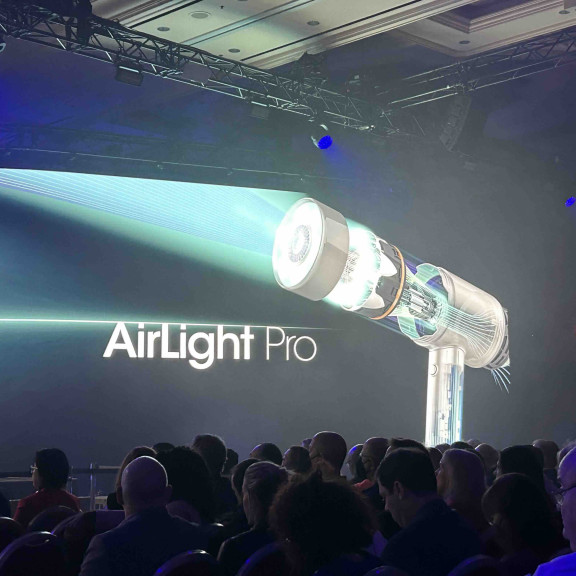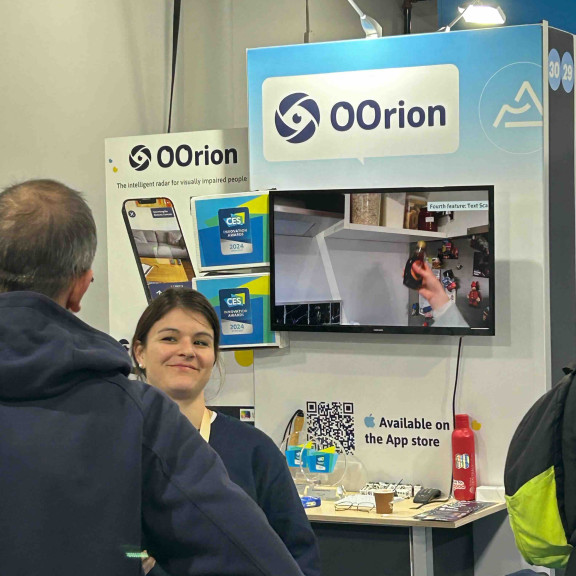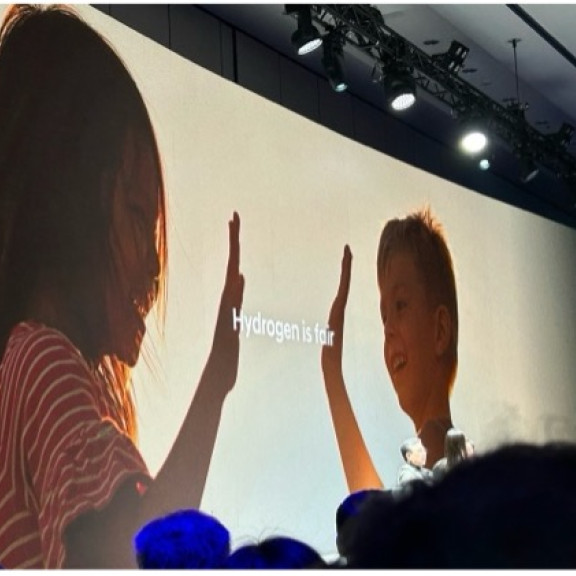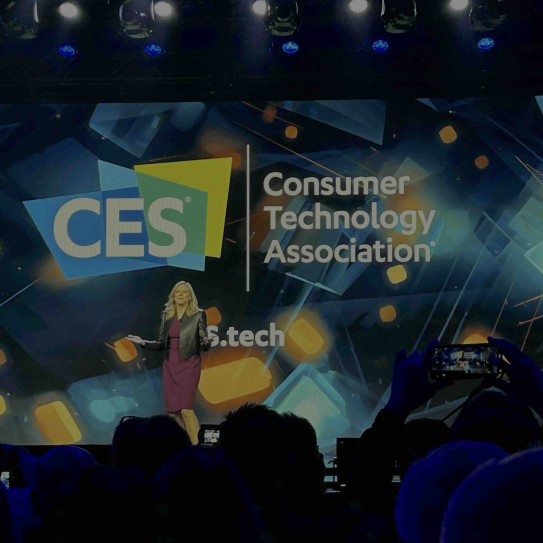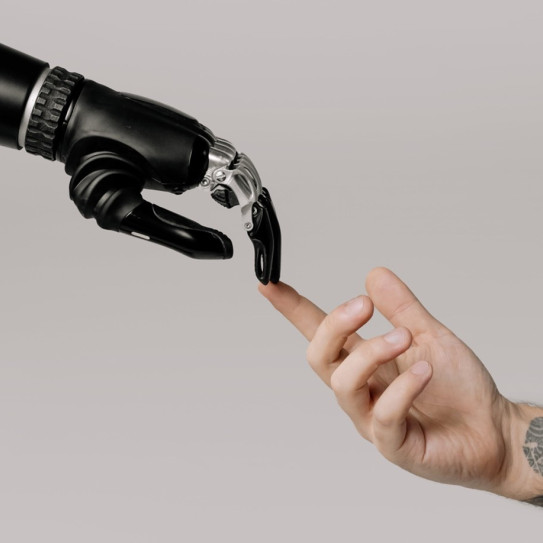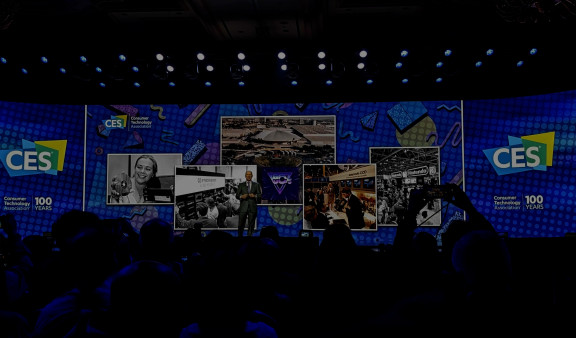
CES 2024: Innovations helping to create a greener and more inclusive digital realm
The leading tech innovation trade show CES (Consumer Electronic Show) was held in Las Vegas in January. This year, the central issues covered in talks and addressed by tech solutions included sustainable development, the circular economy, climate change and inclusion.
The tech industry’s major players revealed their ambitions for the environment and inclusiveness through the products and services they presented. Much more than simply a statement of principles, this is a tangible transformation of approaches and production methods. These actions herald a future where technology’s energy consumption and inclusiveness will be guided by responsible principles.
The company is planning to test this method on a large-scale in Indonesia, in the near future, to evaluate the technology and create mini hubs that will collect, produce and deliver hydrogen locally to the population. This initiative is aimed at promoting fairness, by demonstrating that everybody can produce carbon-free hydrogen with the right technology.
Another notable example comes from the company Doosan, a South Korean conglomerate specialised in construction and public works. It presented a use case involving mobile hydrogen production and storage through a container packed with all the necessary technology. This solution makes it possible to directly supply all machinery on a construction site. This hydrogen is used as an energy source for the electric motor in equipment produced by the brand BobCat (a Doosan subsidiary). In addition to running on electricity, their latest-generation equipment is on the path to autonomy through the use of sensors and AI. Computer vision technology is being integrated to ensure worker safety by securing work areas, while reducing downtime and improving productivity with autonomous driving. Site supervisors can simply decide what needs to be done and where! This time saving leaves them free to focus on other tasks.
CES highlighted the resilience of brands and companies that are striving to accelerate ecological transition by designing innovative and green technologies that will benefit society as a whole.
